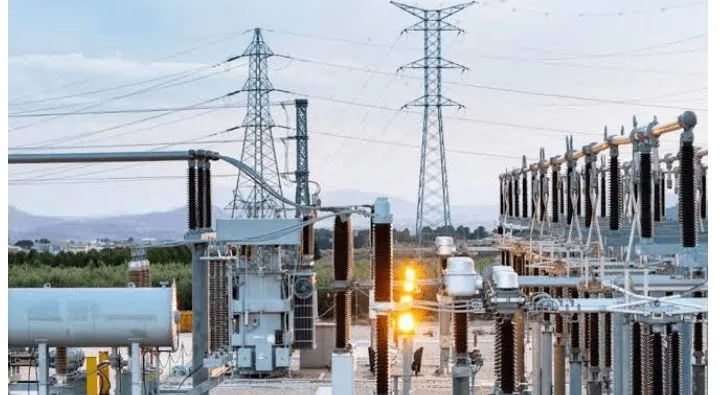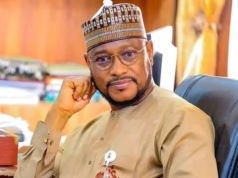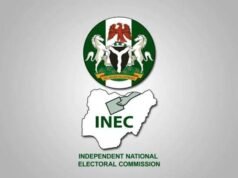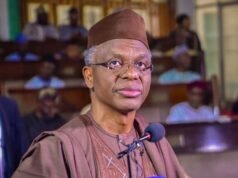DisCos Increase Band A Electricity Tariff Again, Citing Operational Costs
Kaduna Electric raises Band A tariff to N209.5/kWh amid NLC protest
Electricity Distribution Companies (DisCos) have announced another tariff hike for Band A consumers, attributing the increase to rising operational costs. This marks the second price increase this year, adding pressure to businesses and industries dependent on power.
Francis Agoha, acting managing director of Ibadan Electricity Distribution Company Plc, confirmed that the Nigerian Electricity Regulatory Commission (NERC) approved the new tariff, raising it from N206.80/kWh to N209.50/kWh.
“Effective immediately, the tariff will be adjusted from N206.80/kWh to N209.50/kWh. This review has been duly approved by NERC as captured in the multi-year tariff supplementary order,” Agoha stated.
“The adjustment is necessitated by several key economic indices, including fluctuations in the exchange rate, the current inflation rate, available generation capacity, and the cost of gas. These factors have significantly impacted operational costs, and the new tariff will mitigate these financial pressures while continuing to deliver high-quality electricity services.”
Agoha emphasized that this adjustment affects only Band A customers, while tariffs for Bands B, C, D, and E remain unchanged. “We understand that any change in tariffs can be a concern for our customers, and we assure you that this adjustment is necessary to maintain and improve the quality of our services,” he added.
Similarly, Abdulazeez Abdullahi, head of corporate communications at Kaduna Electric, informed customers of the increase: “The Management of Kaduna Electric informs the public of an upward review in the tariff of Band A feeders from N206.80/kWh to N209.5/kWh.”
This latest hike comes after a previous review in which tariffs for Band A customers were adjusted from N225/kWh to N206.8/kWh. This follows an earlier increase from N68/kWh to N225/kWh, representing a significant rise.
Nigeria continues to struggle with chronic power shortages, impacting economic growth. The electricity sector faces numerous challenges, including a failing grid, gas shortages, high debt, and vandalism. Despite having an installed capacity of 12,500 megawatts, the country produces only a quarter of that, leaving many reliant on costly diesel generators.
BusinessDay’s investigation revealed that the latest tariff hike has led to complaints from customers, including manufacturers and public and private institutions, about unaffordable monthly electricity bills.
The Guild of Medical Directors of Nigeria has raised concerns that the increased tariffs are putting private hospitals under financial strain, with some closing as a result. In Maiduguri, Borno State, eight private hospitals recently shut down due to high electricity costs and insecurity.
Raymond Kuti, national president of the Guild of Medical Directors, noted, “We have hospitals spending close to N25 million a month to generate power, which is tough for hospitals.”
Lilian Salami, vice chancellor of the University of Benin (UNIBEN), also lamented that the tariff hike is severely affecting Nigerian universities, with many facing bankruptcy. She stated that UNIBEN has been disconnected from the national grid due to an inability to pay approximately N300 million monthly for electricity, leading to rationed power and dissatisfaction among students.
“Right now, we are facing an electricity problem. The University of Benin used to have 20 to 22 hours of power, sometimes 24/7. But after a 300 per cent tariff increase, our costs rose from N80 million to N280 million per month,” Salami explained. “This came when students were on vacation, and now, with high diesel costs, we can only provide about four hours of electricity a day, which is not well received by the students.
Share News with us via WhatsApp:08163658925 or Email: naijaeyes1@gmail.com
Join Our Social Media Channels:
WhatsApp: NaijaEyes
Facebook: NaijaEyes
Twitter: NaijaEyes
Instagram: NaijaEyes
TikTok: NaijaEyes






гауфф vs кори прогноз – Анализ
Comments are closed.